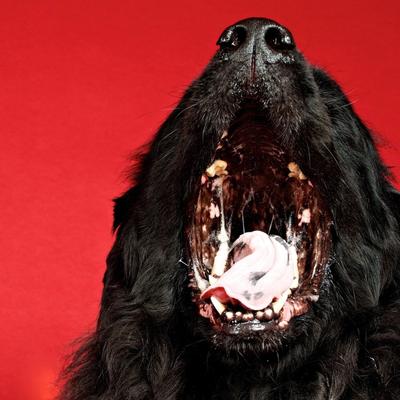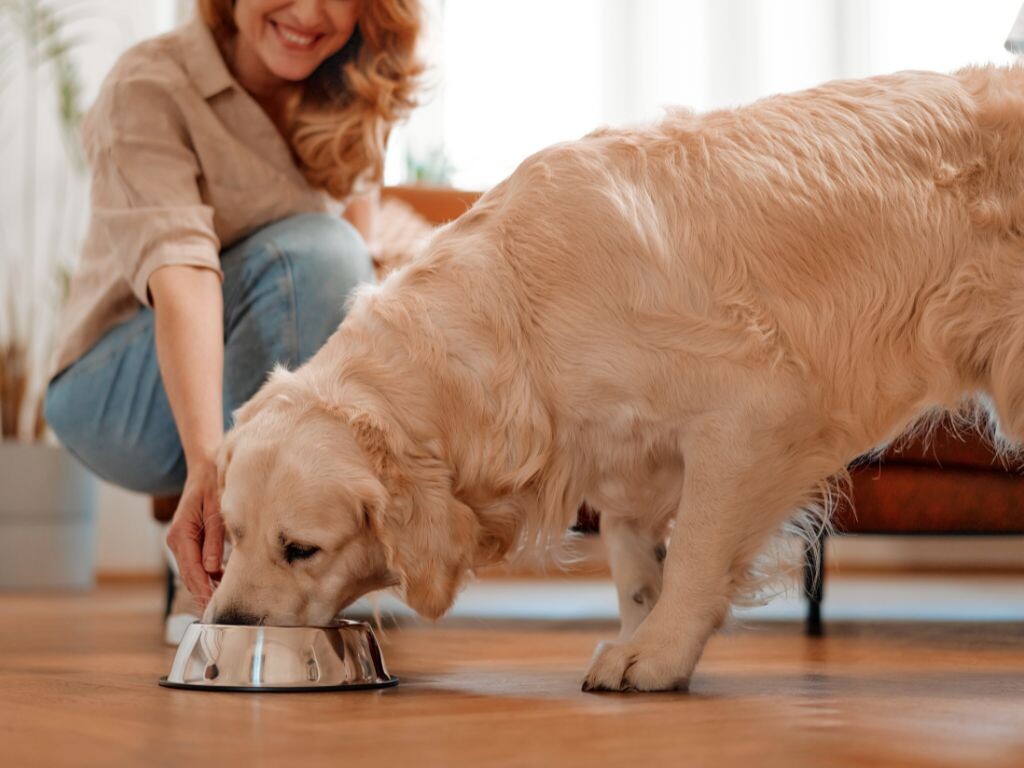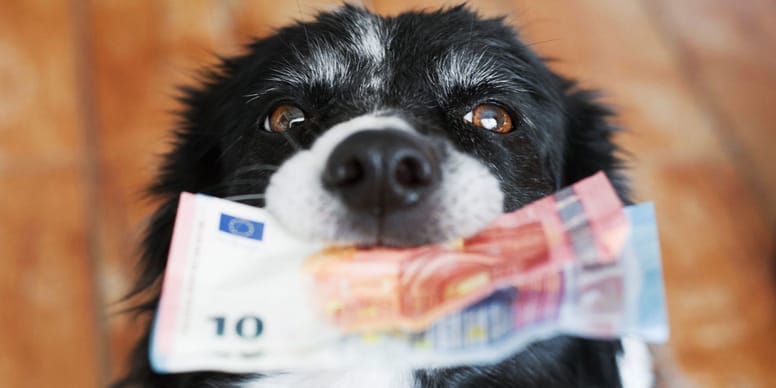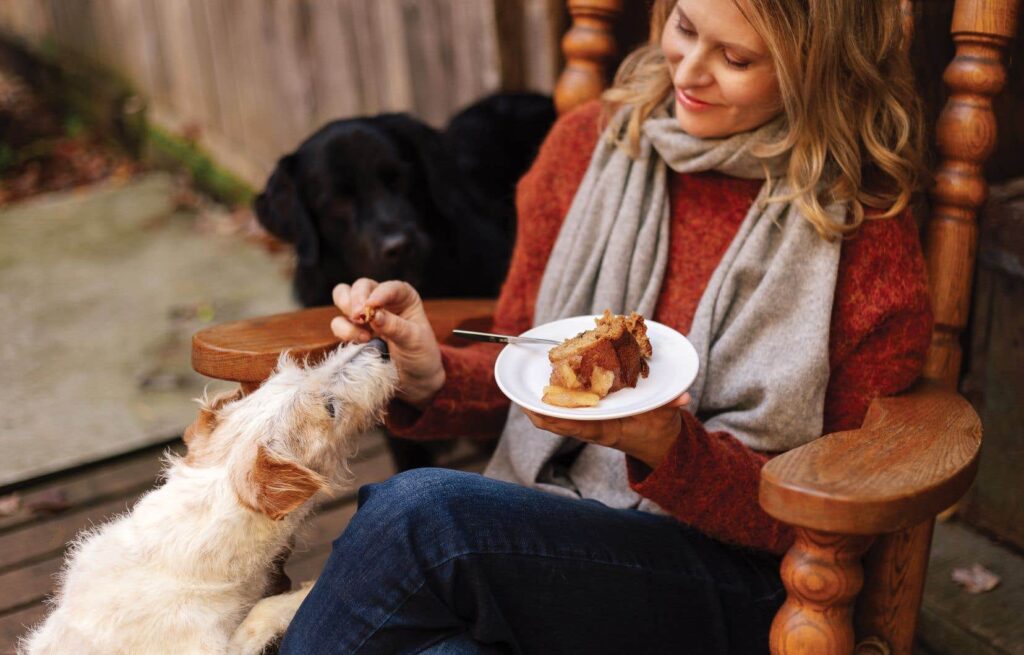
When this happens, cats generally don't do as much damage as dogs. According to Carolyn Rando of University College London, they tend to prefer the face, particularly soft parts such as the nose and lips.
“As a cat owner, this doesn’t surprise me,” she confides. If you are sleeping, they tend to hit your face to wake you up. » So a cat is likely to start by trying to “wake up” a deceased owner and then start biting if it fails.
Rather, most documented scavenging of human remains is the work of dogs. As observed in a study published in 2016 in the journal Journal of Veterinary Behavior, “Canine scavenging in indoor environments is rarely reported, but regularly observed in forensic practice. » The forensic doctors confirm this. Michigan medical examiner Joseph Prahlow finds evidence of domestic animal predation during an autopsy “at least twice a year,” and usually the culprit is a dog, not a cat.
This actually makes sense if you look at the eating behaviors of dogs and cats. In general, dogs are the most opportunistic eaters. They are more likely to seek out dead animals to eat, as anyone whose dog has gone to sniff a dead squirrel without being asked can attest. Well, both dogs and cats dig through trash cans, the former tend to be less picky about the potential food that might pass under their paws.
“Dogs are descended from wolves,” says Stanley Coren, a psychologist who has written books and hosted television shows about dogs. “If we find ourselves in a situation where the owner dies and there's no food source, what are they going to do? They will take whatever flesh is available. »
In some cases, it is clear that the scavenging behavior of animals results from a survival instinct. In 2007, a chow chow and Labrador cross survived for about a month by consuming the body of their deceased owner, leaving only the top of the skull and an assortment of bone fragments.
However, in the 1997 suicide case, the German shepherd began to devour parts of his master just after his death, as recalled by Markus Rothschild, a forensic doctor who responded to the scene. While many assume that a dog would only eat its owner if starved, he writes, “forensic experience shows that this is clearly false.”
According to a 2015 analysis of sixty-three cases of dogs displaying scavenging behavior towards their master, in a quarter of the cases, less than a day had passed before a dog was found. body partially devoured. Furthermore, some of these dogs had access to food that they had not eaten.
Come to think of it, if dogs only ate their owners because they were hungry, we might expect them to do so the same way canines do in the wild. But this is not the case.
Canids that prey on carrion in the wild (both coyotes and domestic dogs) follow a well-documented pattern: They open their chests and abdomens to eat the nutrient-rich organs first, then the members. Head injuries only concern 10% of these cases.
On the other hand, when it came to dogs attacking their deceased owners indoors, there were bites to the face in 73% of cases, and bites to the abdomen in only 15% of cases. This suggests that domestic dogs interact with their owners' faces rather than treating their bodies as mere food.
It's tempting to think that if you are close to your dog and have treated him well, you will be spared if he dies.
But dog behavior is not as well defined. None of the case studies I read documented any animal mistreatment. On the contrary, several reports highlighted the fact that the owners had very good relationships with their dogs, according to the testimonies of friends and neighbors.
Instead, let's try to imagine the psychological state of the animal: “A possible explanation for such behavior is that to help an unconscious owner, a pet will first lick and nudge him with its snout. », writes Markus Rothschild in his report. “But when this produces no results, the animal's behavior may become more frantic and, in a state of panic, result in biting. »




